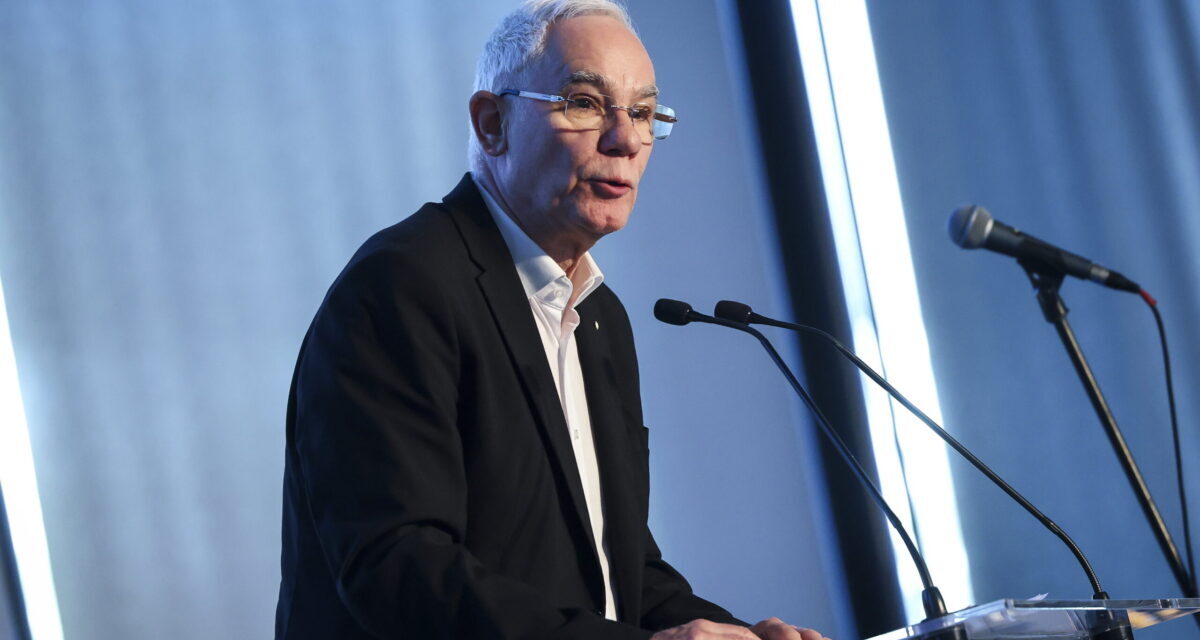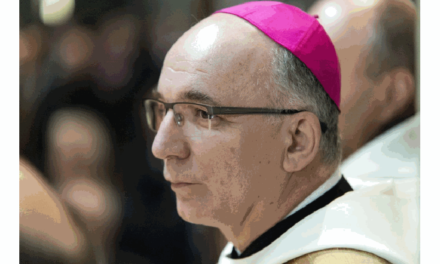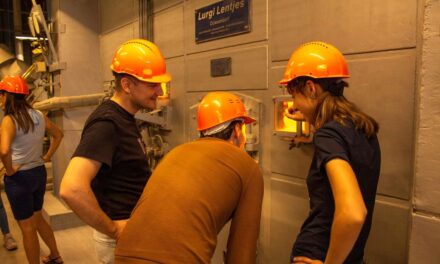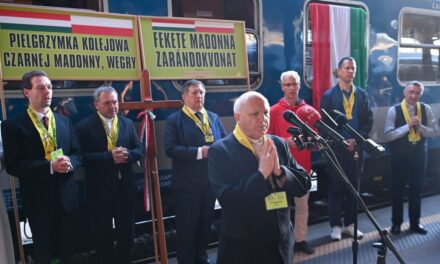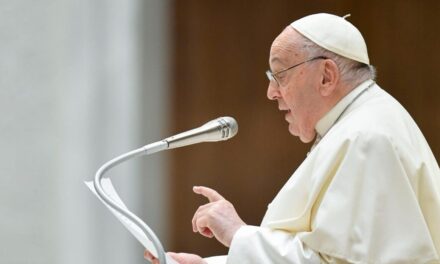The Reformed bishop spoke for the first time about his role in the pardon case.
Reformed bishop Zoltán Balog gave an exclusive interview about the pardon case, in which he spoke for the first time about why he had not spoken up until now.
"When I absolutely had to speak, I spoke, as I said what I thought could be said before our synodal meeting and the deacon-general guardian meeting. This happened at the end of February and we made it public. When I resigned from the position of pastor president of the Synod, I first said what I thought could be said in a longer prayer and then in a speech. In retrospect, I looked at that statement, I think that whoever approached it with goodwill could have understood a lot of what happened - and obviously a lot of things remained open," said Zoltán Balog, who believes that the fact that he spoke after the elections is significant finally.
"When such a shock happens to a person, when he is shaken in this way, the first thing is not text and speech, but silence and silence.
I felt incredible pressure that I had to speak, speak up immediately, not even a day had passed after the news broke, when everyone was there to tell me everything right away. If a person really wants to tell the truth, not just comment on facts, then you have to wait, because as a Christian, I/we have to talk to God first if I messed something up. And it's not like you "whistle" and say that it's one way or another. In that silence, there were many conversations with God for me personally, and in many circles within our church, people prayed, talked, and often had awkward conversations," recalled the bishop about the events of the past months.
"It seemed that this matter would be part of the election campaign in such a way that nothing really good could be said about it. Many times it was difficult to wait until I could finally speak in my own voice, but I thought that it would be better if everything I wanted to say was not surrounded by this noise of battle, but perhaps some calmness and silence would come from outside as well, not only from within the church" - he added.
"I knew Endre K. when his wife contacted me to help her petition for clemency [...] The inquiry in which she talked about her husband, the materials I read in connection with it led me to meet Endre K. and I did meet with him. We had a conversation for an hour and a half, I also tried to get into a prayer community with him, because basically I believe that as a pastor, as a spiritual leader, if someone asks me for help, then I have to examine it and if I can, I will try to help. I have tried to help you in many such and similar cases over the past 30-40 years. […] The meeting was not at his home, but at my office, I invited him for a conversation. I don't know if he was under house arrest, because I didn't investigate this circumstance, I didn't know about it," he said, explaining how he came into contact with Endre K.
Zoltán Balog also said that he contacted the then President of the Republic Katalin Novák in connection with the pardon application: "I contacted Katalin Novák […] I asked her that I think it would be worthwhile to make such a decision in this case".
He also spoke about the fact that he did not stand up publicly after the case was revealed, which many believe put Katalin Novák in a difficult situation:
"I offered my help and support to the president in this matter, but she did not claim it, because she wanted to take responsibility for the decision. I felt from the first minute that I had a moral responsibility to take on my role, and I did. The fact that he left Hungarian public life in connection with this case is another heavy burden in this case. The departure of Katalin Novák is a huge loss for the entire country, the Hungarian nation, and therefore I bear a heavy responsibility."
Zoltán Balog also touched on why he remained a bishop if Katalin Novák and Judit Varga left public life:
"One of them takes place in the political sphere, and from a certain point of view, the pastoral presidency also takes place in the sphere of public life, since it is the number one representative of the Hungarian Reformed Church. The episcopal task is what happens within a church, basically a spiritual mandate to which a person is bound by an oath. Our oath states that we are not above the bodies, but subordinate to them. It is a different world than in the Roman Catholic Church or other churches where the spiritual leaders are above the bodies. As for me, my oath is that I implement and accept the orders of my main ecclesiastical authority, the district assembly - which is a sub-council - in ecclesiastical matters. I requested this provision - just in the last few days - and I must implement it. Our district assembly confirmed that it is my duty to continue this work."
Zoltán Balog does not agree with the claim that he "dragged" the Reformed Church into the whole grace issue:
"I didn't do that, they themselves stood by me and came to my defense. This case, which started very simply and banally, is a different story than what our church was basically accused of, and in some ways it is even independent of me personally, since they are not talking about the last three years, who formulated the most serious criticism. These are worth thinking about, even if it is often not done in a very polite way: how are the church and public life, church and politics? In what way does it cooperate and meet, is there perhaps some intricate system of interests that is not visible to the outside and is dangerous for democracy?"
"I broke it, I consider repentance the most important thing. Even within my family, I try to practice a different kind of attitude, in which there is more soul and less daily management" -
said the bishop, who also spoke in the interview about how his relationship with Katalin Novák has developed since the outbreak of the pardon case, how he sees the unity of the Reformed Church, and what he would say to the victims of Bicske.
Cover photo: Reformed bishop Zoltán Balog
Source: MTI/Róbert Hegedüs

